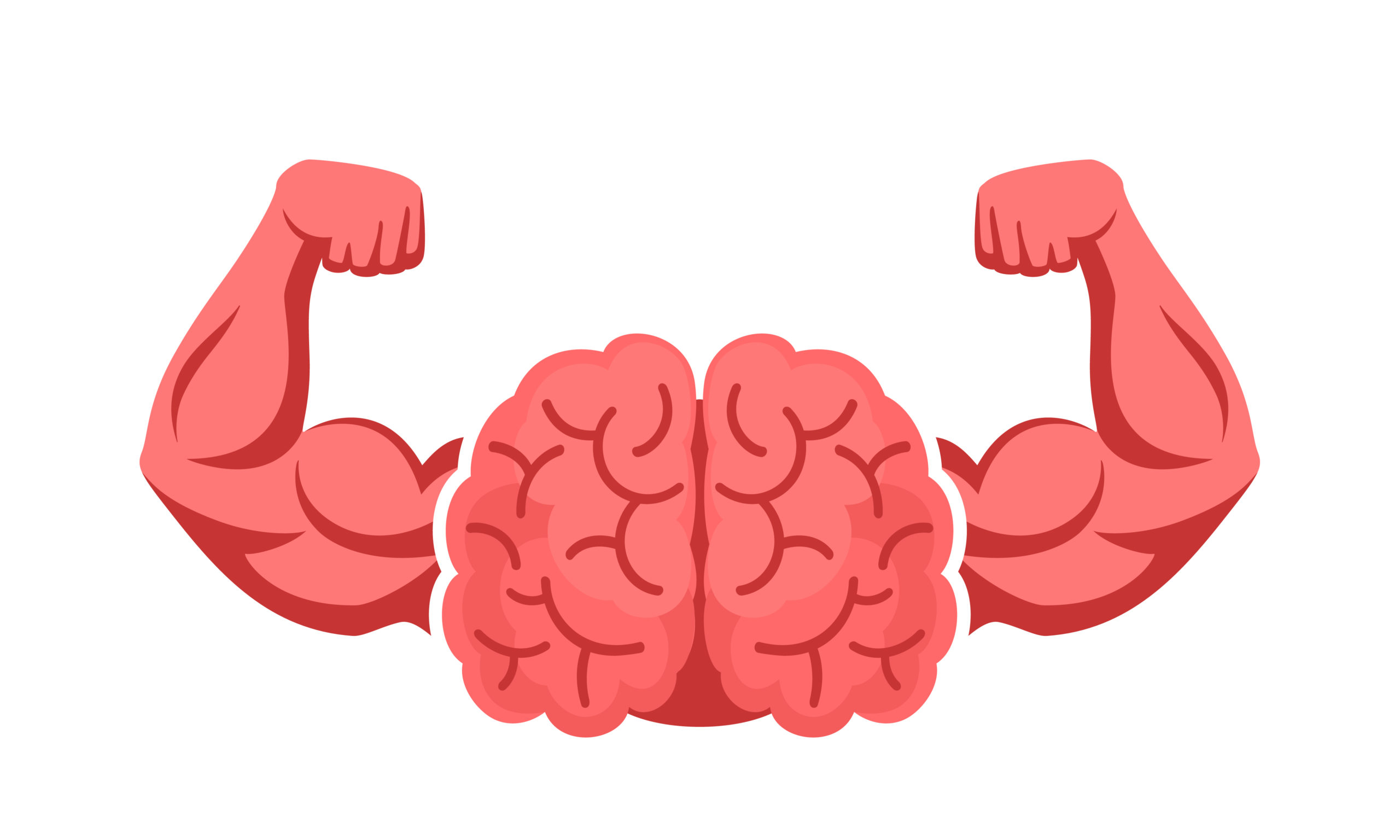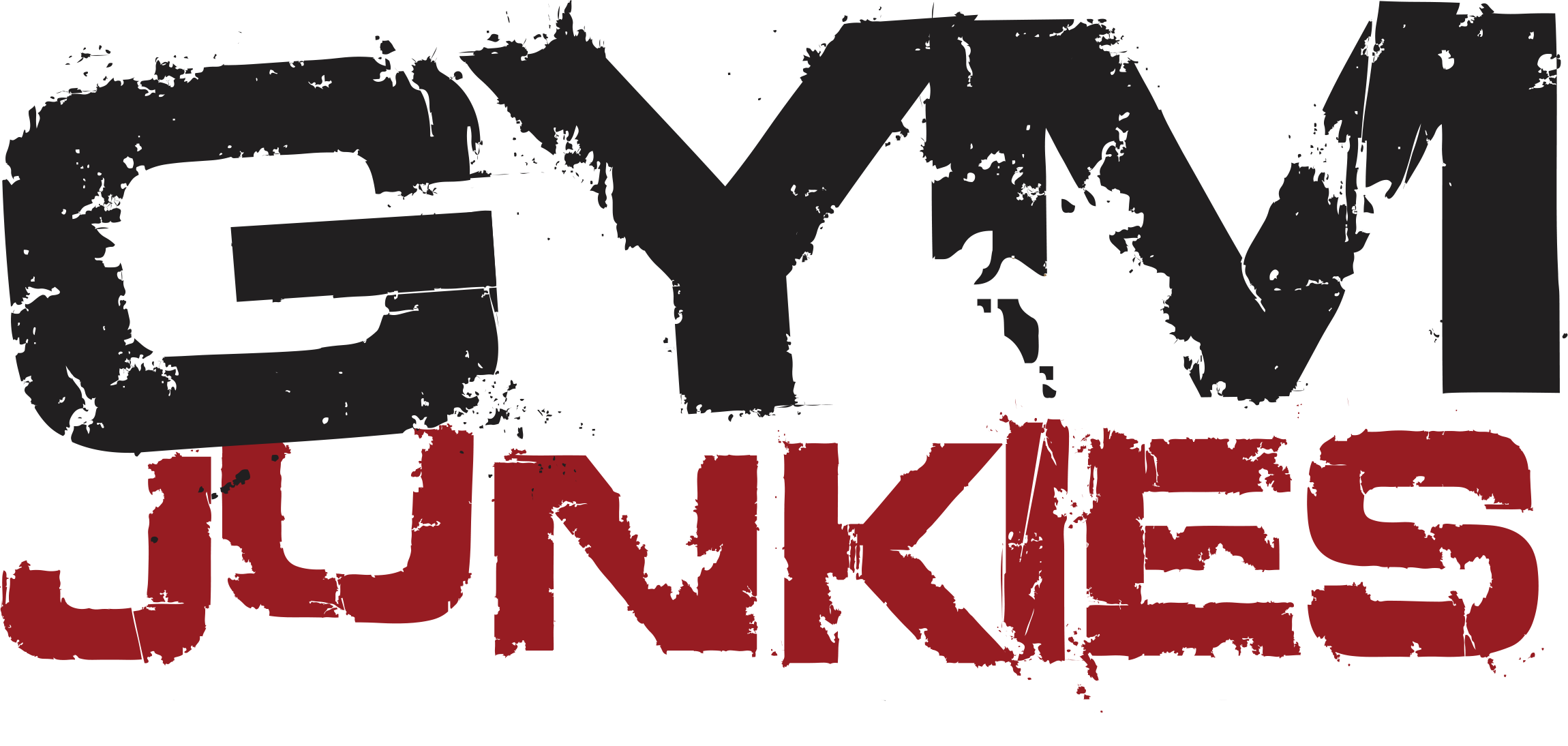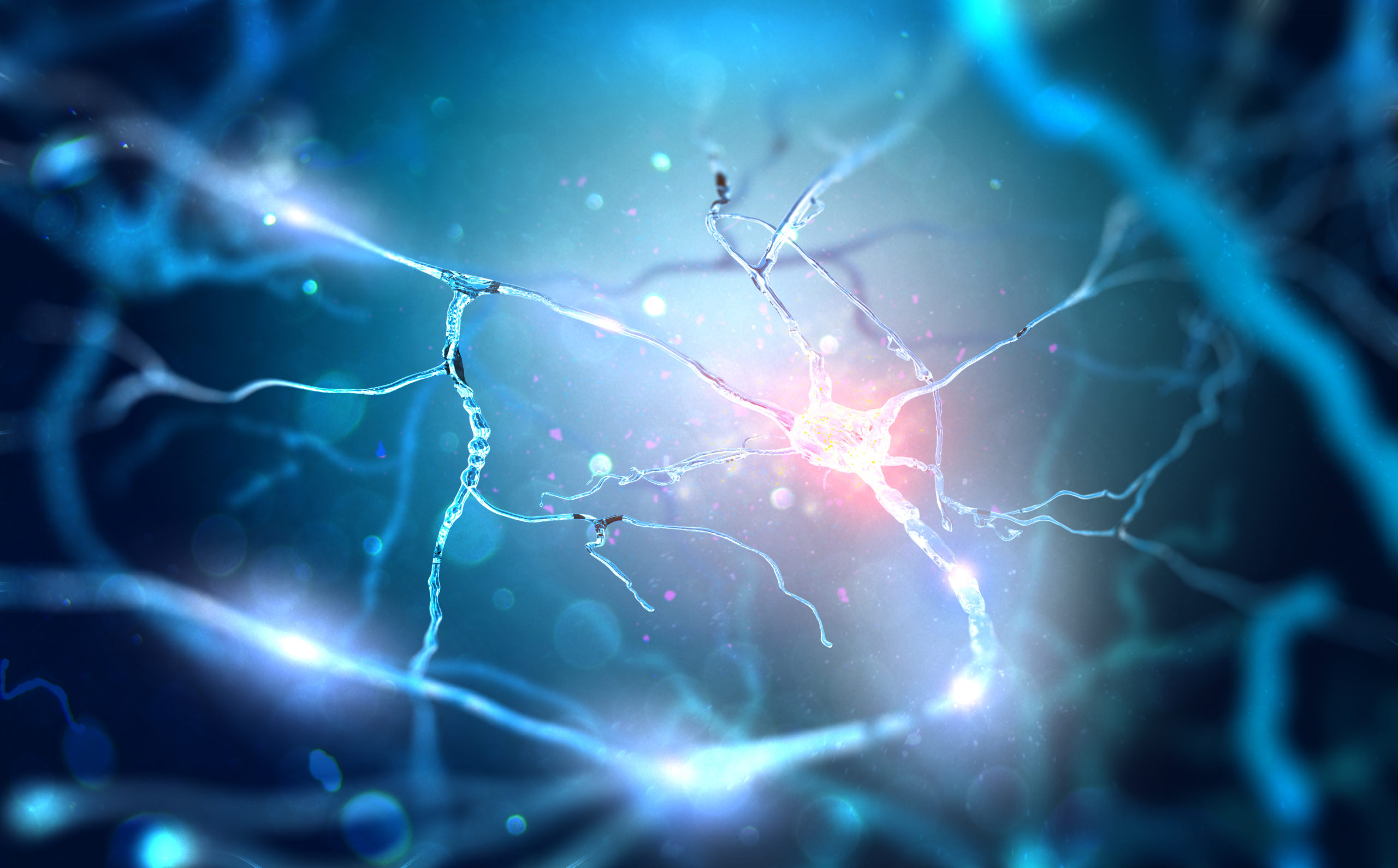We hear a lot of talk about mind-muscle connection in the fitness world. One of the most common misconceptions about this, is that when it is painful, we are doing well. But that is far from the truth. In this article we will explore the crampy feelings and pains we get in the gym.
Sometimes we feel a certain way with specific exercises, other times not. We will cover the most important points and common mistakes when it comes to mind-muscle connection. Moreover, try to truly understand what we should feel, and how we should go about exercise selection for optimal results.
It Feels Good, So My Mind-Muscle Connection Is Good
Very often, both trainers and the average gym rat go into the gym chasing those strong sensations. Whether they are doing pec fly’s and saying “damn, I can really feel my pec here.” Or, doing leg extensions “hell yea bro, I can feel those quads burning.” While it is normal to have pains towards the end of a set or workout, it is important that you question this.
Is this pain or cramp I’m feeling truly helping me target my quads? Is this what I should be doing? Or am I doing something wrong?
First of all, we need to lay the groundwork for where these feelings, pains and cramps come from when we workout. Most of us have had a cramp before, whether it was in high school or in the gym. It is a VERY painful feeling.
In essence, a cramp is actually a contraction in the tissue that is out of your control. When we get the crampy feeling in the gym, maybe to a lesser extent, it is still the same thing. The muscle you are training is out of your control, usually because we have taken the joints to a place where they do not feel as stable.
The Body Will Signal Danger
The important thing to note here is that the body will communicate when it has to. When we take the body to a place where it is close to injury, or simply less stable, it will communicate that very strongly.
Our nervous system is always at work, and when it senses that we are in a territory that can lead to danger, it will scream. And the closer to harm we get, the louder it will scream. If it goes far enough, this will result in a cramp.
We can get these cramps in any parts of our body while we are working out. And you might have noticed that on several occasions. The body is simply telling us that it does not like the stimulus we are giving it. That we are getting closer to danger, and we need to back off.
Pain Is Not the Goal With Mind-Muscle Connection
For some reason, we have associated the sensations of pain with the goal of muscle-mind connection. Often, a person goes to the gym, grabs a few dumbbells, and feels it rip throughout their pecs. Thinking this feels “good” with pain being the goal.
Truthfully, when you actually have had a strong contraction in your muscles, you most likely have not felt much pain at all.
A great example to illustrate this is to contract your biceps in the mid range. Start standing up, or seated, it does not matter. Then bend your elbow 45 degrees up from the ground, as you would with a regular dumbbell curl. Take a strong grip with the hand of your other arm on this forearm, and squeeze your biceps as hard as you can.
When you squeeze your biceps here, there is no crampy feeling, nor much sensation there at all. Yet, you actually have an enormous amount of tension in your biceps.
The Body Does Not Want to Waste Energy
The reason you do not feel too much of a sensation at all, is because the body has no reason to signal much at all. Our bodies do not want to waste energy on giving us feedback when things are going well. It would rather conserve that energy, and give us feedback when things are going in the wrong direction.
Meaning, the body will send us strong signals when we need to take care of something.
Yes, of course, the muscles might be screaming a little at the end of your last set. Especially if you have teared the body through a lot of mechanical damage. At that point, it is completely normal to feel some pain due to fatigue. But that is more so towards the end of a workout, and not at the first rep.
If a muscle is screaming on the first repetition you are doing, there is likely something very wrong. This is not the point you should be at in the beginning, when you have 30 more repetitions to do.
The first repetition should rather be like a walk in the park. This is very important to understand, because mind-muscle connection should not be based on how much pain there is in the muscle. On the other hand, a good mind-muscle connection means you have great control and stability of the tissues you are training.
Unfortunately, mind-muscle connection has been preached to be how much sensation you can feel in the muscles right away. When it actually is how well you control the muscles you are working with.
Mind-Muscle Connection Is Control Not Pain
It is very important we understand that mind-muscle connection is your ability to control the muscles while exercising them. This means control from the beginning of the repetition to the end of it.
For instance, let us you say you want to contract the upper part of your pec, and you do it. Just standing or sitting. That is mind-muscle connection. And you did not feel too much sensation at all, right?
The truth is, if you actually feel a lot of sensation, you are likely lacking control. This fact is very important to understand, so that you are not going on an endless goose chase in the gym.
The feeling of control is much more subtle than the feeling of pain. For instance, the feeling of contracting the biceps like we talked about earlier. This is what you want, not the screaming pain many people are chasing. When we are getting a lot of pain and cramps, we are not executing the exercise properly.
Lack of Control Increases Sensation
A common confusion among gym-goers is to associate the cramping feeling with an area that needs more work. More specifically, if you get pains and crampy feelings in a certain area, it is not uncommon to think that this area is weak and needs more work.
When in reality, you are probably taking your body to a position where it lacks stability. And whenever the body feels it is not in control, it will signal this strongly with either cramps or other pains.
Moreover, it will be weaker in that position as a protective mechanism. The weakness is also due to a lack of mechanical coherence in that position. Thus, the weakness you are feeling is a combination of a protective mechanism and a lack of control.
Weakness Should Not Be Countered With Extra Effort
Another error is to think that this weak and painful area simply needs more work. This is not the case. What is happening is that you are not aligning the exercise properly according to your structure. Instead, if you align the exercise correctly with your body, you will notice that you are actually much stronger.
The sensations are not going to be nearly as strong, but you will feel stronger when doing the movement. Again, this is because our bodies will not waste energy on signaling something that is working well.
Put differently, think of exercises that you are good and strong at. Most likely, you do not feel as much sensation and cramping in the muscles when you are performing those exercises. This is because you are actually doing it correctly.
A big mistake here is to think you are not doing it right because you do not feel as much. Plenty of people actually slip into this fallacy. They change up the exercise or do something else, because they do not feel as much.
Constantly chasing those painful and crampy sensations, thinking that is what mind-muscle connection is supposed to be. When on the contrary, they are actually performing the exercise perfectly well.
Conclusion
Working out hard is often associated with pain in the muscles. Gym-goers and trainers alike, tend to chase these strong sensations. The more it hurts, the more the muscles are screaming, the better many of us think our mind-muscle connection is. Nevertheless, this is far from the truth. While it is normal to feel pain in the muscles towards the end of a workout, especially one that is high in mechanical damage, this is not what we want. Great muscle-mind connection actually means great control and stability. The body will not waste energy on screaming unless we are itching closer to harm.
Thank you for reading our article!
– Terry Asher
Terry Asher
Latest posts by Terry Asher (see all)
- Better Family – Product Review Liquid Daily 2 oz - Dec 16, 2024
- Post-Workout Recovery: The Key to Optimal Performance - Nov 25, 2024
- Pre-Workout Supplements – Everything You Need To Know - Nov 18, 2024















It is a VERY painful feeling.
I like your post. It is good to see you verbalize from the heart and clarity on this important subject can be easily observed…
Thank you for posting that it could be just the thing to give inspiration to someone who needs it! Keep up the great work!
[…] Source link […]
[…] Source link […]
[…] Source link […]